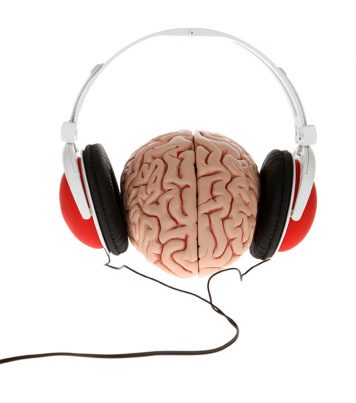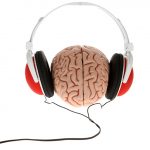
Thinking for you: New EEG headset measures brainwaves to learn what you like… can even “adjust your mood”
Tuesday, August 21, 2018 by David Williams
http://www.naturalnewsresearch.com/2018-08-21-thinking-for-you-new-eeg-headset-measures-brainwaves-to-learn-what-you-like-want.html

The use of electroencephalogram (EEG) technology has long been in use in most hospitals and clinics all over the world and, historically, its use has been mostly limited to that environment. Until now, that is. At the recently wrapped up Consumer Electronics Show expo in Las Vegas, Nevada, a Belgian technology center called Imec has showcased a novel use of the technology that could finally lead to it hitting the mainstream market of regular end-users.
Researchers from Imec have developed a product that uses EEG technology in the form of a headset. What it does is quite simple and straightforward, but its applications could number in the dozens, at the very least. According to a report from C|Net, Imec’s so-called EEG headset can gauge your emotions and end up doing all manner of things for you. For example, the report says that it can “help with therapy” while also tackling other things, such as “changing your video game as you play, improving memory when you’re learning, matching music to your mood,” and even quickly adjusting your mood by changing the music that’s playing through it.
Yes, it’s also a fully working headset that can be used to play the music that (it determines) you would like to listen to. According to Imec, the integration of the music playback allows the system to not only measure, but also influence the emotions of the person that is wearing the headset. This is done through the use of artificial intelligence (AI) in order to “instantly identify the wearer’s emotional state.”
In its official press release, Imec describes its EEG headset as a “major breakthrough in emotion measurement for therapeutic, learning and gaming applications.” And it highlights some key features that should serve as its biggest strengths as it heads into the market. For instance, it is said to combine comfort with a cutting-edge and low-power design which uses active high-quality EEG dry-electrodes from Datwyler along with built-in software that can be used to accurately monitor frontal EEG signals that relay a person’s emotional state in real time.
In other words, this EEG headset from Imec packs a lot of high tech in a compact, comfortable, and fairly stylish package. And assuming that all of its components and the pre-installed software can work together as they are designed, then it can be used for some pretty interesting medical tests and possibly even experiments.
According to Chris Van Hoof, the senior director for health solutions at Imec, there is a lot of support behind the EEG headset. “Imec’s extensive expertise in this domain is a result of nearly a decade of work in creating circuits and compact systems for wearable EEG monitoring,” he explained. “Leveraging the expertise of our project partners: Osaka University and Datwyler, we could develop a new type of EEG headset that will be vital for clinical research on emotion estimation in therapeutic environments or for neurofeedback through aural stimulation for relaxation, cognitive enhancement and memory improvement purposes.”
Outside of medical applications, Van Hoof said that the EEG headset could also be used for “enhanced and more immersive games.” Between that and the ability to adapt to the different tastes in music of different users, this could well turn out to be a highly essential piece of equipment, not just in hospitals and clinics, but perhaps even in private homes and commercial establishments.
This technology could potentially have a wide range of applications. It’s going to be up to the team at Imec and experts in relevant fields to figure out exactly how to make the most of it.
Read more about changes concerning science and the human brain at Brain.news.
Sources include:
Tagged Under: Tags: AI, artificial intelligence, brain activity, brain waves, breakthrough, EEG headset, EEG technology, future tech, gaming, imec, innovation, inventions, machine learning, medical tech, mind control, music, research, science and technology, surveillance





